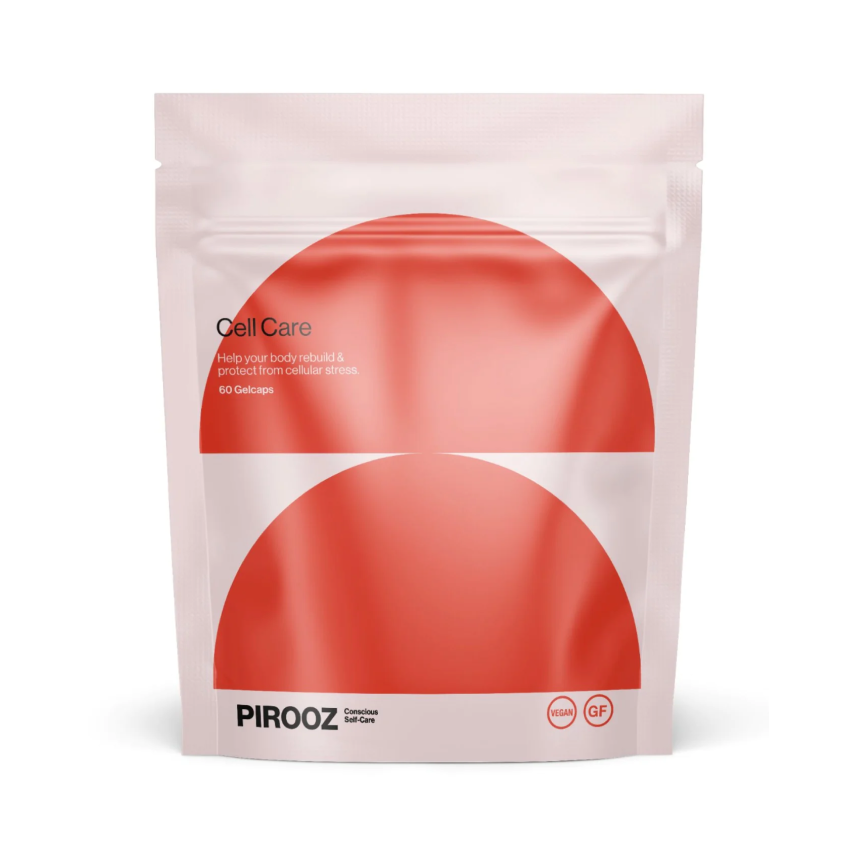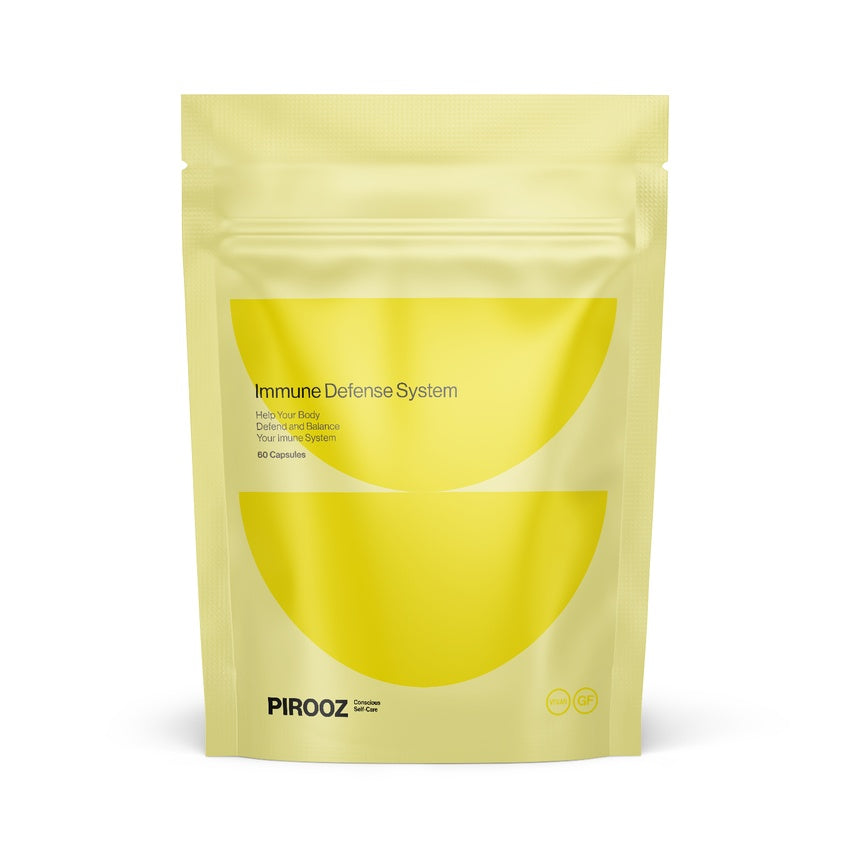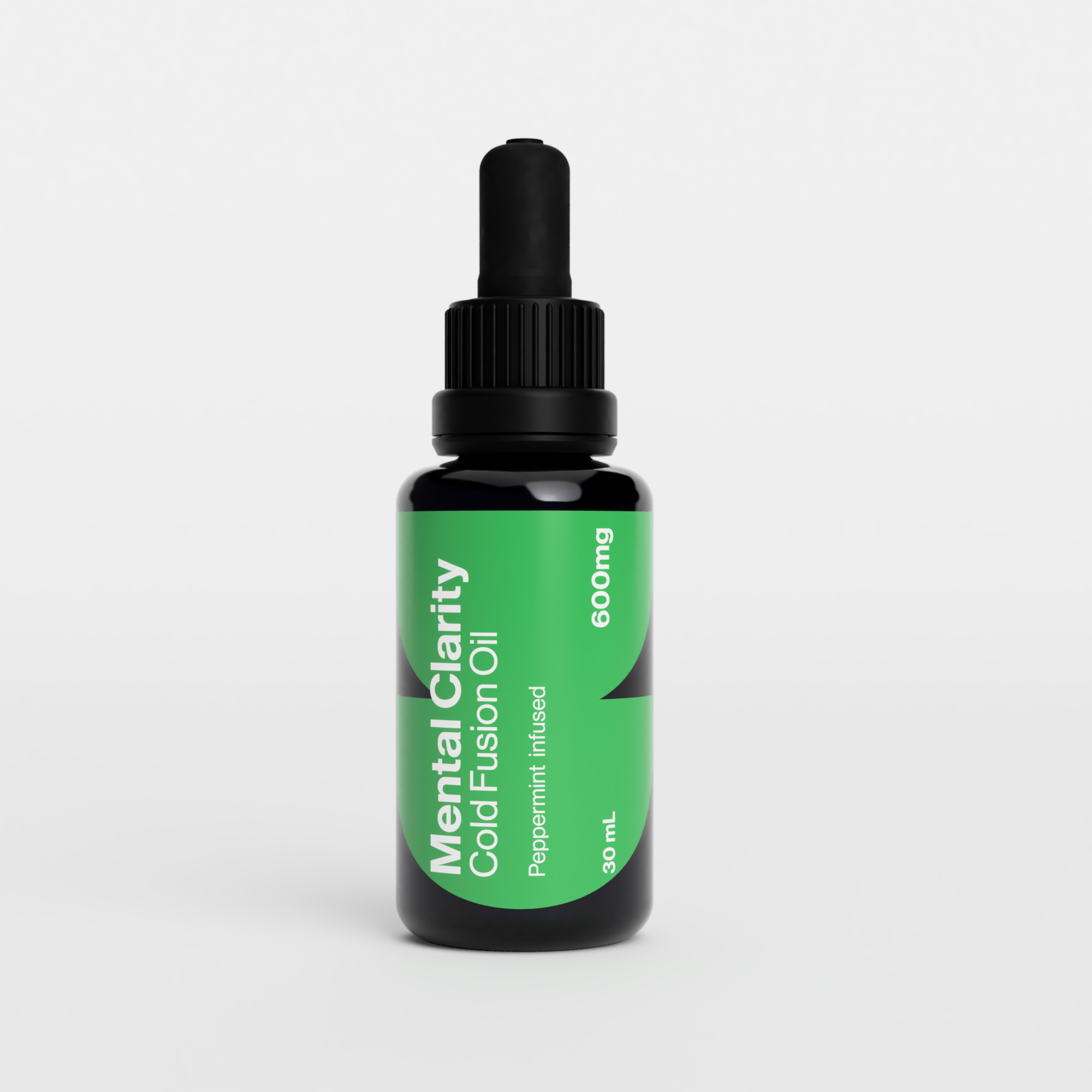Maintaining brain health has become increasingly challenging and essential in today's fast-paced, technology-driven world. As we navigate an era of rapid technological advancements and constant digital connectivity, our brains are continuously exposed to new stimuli and demands. The digital age brings numerous conveniences and advancements but poses significant risks to cognitive function and mental well-being. With the rise of smartphones, social media, and instant communication, our daily lives have been transformed, making it crucial to understand how these changes impact our brain health. The relentless influx of information and the pressure to stay connected 24/7 can lead to digital fatigue, cognitive overload, and even burnout. Prolonged screen time and the omnipresence of digital devices have also been linked to disrupted sleep patterns, heightened stress levels, and decreased attention spans. Moreover, the addictive nature of social media platforms can contribute to mental health issues such as anxiety, depression, and feelings of isolation. Given these challenges, prioritizing brain health and adopting strategies that promote mental well-being in the digital era is more important than ever. This blog explores the importance of optimizing brain health in the digital era, highlighting the impacts of technology on our minds and providing actionable strategies to enhance cognitive function and overall mental health.
The Impact of Technology on Brain Health
Cognitive Overload and Digital Fatigue
The constant barrage of information from smartphones, computers, and other digital devices can lead to cognitive overload. Our brains are not designed to process the sheer volume of data they encounter daily, which can result in digital fatigue. Symptoms include reduced attention span, impaired memory, and decreased productivity. Studies have shown that multitasking with digital devices can significantly impair cognitive performance. A University of London study found that multitasking with electronic media can reduce IQ scores to the equivalent of losing a night's sleep (Ko, 2016)
Screen Time and Sleep Disruption
Excessive screen time, particularly before bedtime, can disrupt sleep patterns. The blue light emitted by screens interferes with melatonin production, the hormone that regulates sleep. Poor sleep quality, in turn, negatively affects cognitive functions such as memory, attention, and problem-solving skills. The American Academy of Sleep Medicine recommends limiting screen time at least one hour before bedtime to promote better sleep hygiene (Czeisler, 2013)
Social Media and Mental Health
Social media platforms are designed to be addictive, often leading to excessive use and dependence. Research indicates a strong correlation between heavy social media use and mental health issues such as anxiety, depression, and low self-esteem. A study published in Computers in Human Behavior found that the more time individuals spent on social media, the more likely they were to experience depressive symptoms (Lin et al., 2016)
Strategies for Optimizing Brain Health
Physical Exercise and Brain Health
Regular physical exercise is crucial for maintaining optimal brain health. Exercise increases blood flow to the brain, promoting the growth of new neurons and enhancing synaptic plasticity. This can improve cognitive functions such as memory, attention, and executive function. Aerobic exercises like running, swimming, and cycling are particularly beneficial for brain health. A review published in Frontiers in Psychology highlighted that aerobic exercise improves hippocampal volume and is associated with better memory and spatial navigation (Erickson et al., 2011).
Cognitive Training and Lifelong Learning
Cognitive training and lifelong learning activities can help maintain and enhance cognitive functions. Cognitive training involves exercises designed to improve specific mental processes such as memory, attention, and problem-solving. Lifelong learning stimulates the brain and promotes neuroplasticity through formal education, hobbies, or new skills. A study published in The Journals of Gerontology found that older adults learning new skills improved cognitive function and more excellent brain connectivity (Park et al., 2014).
Digital Detox and Mindfulness
Implementing regular digital detoxes can significantly reduce cognitive overload and digital fatigue. A digital detox involves taking a break from digital devices to reconnect with the physical world and engage in activities that promote relaxation and mental clarity. Mindfulness practices, such as meditation and deep breathing exercises, can counteract the adverse effects of digital engagement. Mindfulness has been shown to improve attention, reduce stress, and enhance emotional regulation. A study in the journal Psychological Science found that mindfulness training improved cognitive flexibility and working memory (Jha et al., 2010).
Managing Stress and Mental Health
Chronic stress can harm brain health, leading to structural and functional changes in the brain. Stress management techniques such as mindfulness, physical exercise, and adequate sleep can mitigate these effects. Seeking professional help for mental health issues is also crucial. Therapy, counselling, and support groups can provide the necessary tools and support to manage stress, anxiety, and depression effectively.
Nutrition and Cognitive Function
A balanced diet rich in essential nutrients supports brain health and cognitive function. Critical nutrients for brain health include omega-3 fatty acids, antioxidants, vitamins, and minerals.
- Omega-3 Fatty Acids: Omega-3 fatty acids are essential for brain function and development and are found in fish, flaxseeds, and walnuts. They have been linked to improved memory and reduced risk of cognitive decline (Gómez-Pinilla, 2008).
- Antioxidants: Foods rich in antioxidants, such as berries, dark chocolate, and green tea, protect the brain from oxidative stress and inflammation, which can damage brain cells (Joseph et al., 2009).
- Vitamins and Minerals: Vitamins such as B-complex, D, and E, as well as minerals like magnesium and zinc, play crucial roles in brain health. They support neurotransmitter function, protect against cognitive decline, and enhance brain function (Kennedy, 2016).
Social Interaction and Emotional Well-being
Maintaining strong social connections is essential for emotional well-being and cognitive health. Social interactions stimulate the brain, promote emotional regulation, and reduce the risk of mental health issues such as depression and anxiety. Participating in social activities, joining clubs or groups, and maintaining close relationships with family and friends can significantly enhance brain health and emotional well-being. Research published in the journal Neuron highlights that social engagement is associated with better cognitive function and a lower risk of dementia (Fratiglioni et al., 2004).
Ergonomics and Workspace Optimization
Creating an ergonomic and brain-friendly workspace can enhance productivity and reduce cognitive strain. Critical elements of an optimized workspace include:
- Proper Lighting: Adequate lighting reduces eye strain and enhances focus. Natural light is preferable, but adjustable desk lamps can also be effective.
- Comfortable Seating: Ergonomic chairs support proper posture and reduce physical discomfort, allowing for better concentration.
- Decluttered Environment: A tidy workspace minimizes distractions and promotes mental clarity. Organizing work materials and minimizing unnecessary items can create a more focused environment.
- Breaks and Movement: Incorporating regular breaks and movement into the workday can prevent cognitive fatigue and enhance productivity. Techniques such as the Pomodoro Technique, which involves working for focused intervals followed by short breaks, can be effective.
Leveraging Technology for Brain Health
While technology can pose risks to brain health, it can also be a powerful tool for enhancing cognitive function and mental well-being when used mindfully. Here are some ways to leverage technology positively:
- Brain Training Apps: Apps like Lumosity, Peak, and Elevate offer games and exercises designed to improve cognitive functions such as memory, attention, and problem-solving skills. These apps provide personalized training programs based on individual performance and goals (Hardy et al., 2015).
- Meditation and Mindfulness Apps: Apps such as Headspace, Calm, and Insight Timer offer guided meditations and mindfulness exercises. These tools can help reduce stress, improve focus, and enhance emotional regulation (Goyal et al., 2014).
- Sleep Tracking Devices: Wearable devices and apps that track sleep patterns can provide valuable insights into sleep quality and help identify factors disrupting sleep. Improving sleep hygiene can significantly benefit cognitive function and overall brain health (Chinoy et al., 2021).
- Virtual Reality (VR) for Therapy: VR technology is being used in therapeutic settings to treat conditions such as anxiety, PTSD, and phobias. VR provides immersive experiences that can help patients confront and manage their conditions in a controlled environment (Maples-Keller et al., 2017).
Final Thought -
In the digital age, optimizing brain health is not just a luxury but a necessity. As technology continues evolving, it presents remarkable opportunities and significant challenges for our cognitive well-being. The constant exposure to digital stimuli can lead to cognitive overload, disrupted sleep patterns, and mental health issues, making it imperative to adopt a proactive approach to brain health. We can protect and enhance our cognitive function and overall mental well-being by incorporating digital detoxes, mindfulness practices, physical exercise, proper nutrition, cognitive training, and social engagement. A balanced lifestyle that integrates these practices can mitigate the adverse effects of the digital age, promoting a sharper, more resilient mind. Additionally, creating an ergonomic workspace and leveraging technology mindfully can further support brain health, helping us navigate the complexities of modern life with greater ease and clarity. In the pursuit of optimizing brain health, supplements can play a crucial role. PIROOZ Mental Clarity is the best supplement for enhancing cognitive function and overall brain health. PIROOZ Mental Clarity is formulated to support cognitive function and enhance focus. It contains ingredients that improve mental performance and productivity, helping individuals achieve a more precise and focused mindset. A growing body of research highlights the importance of the gut-brain axis—the bidirectional communication between the gut and the brain. PIROOZ Mental Clarity the Best brain health supplement includes ingredients that promote good gut health and support brain health. A healthy gut can improve mood, cognitive function, and overall mental well-being. The supplement fosters this vital connection, optimizing the gut and brain.











